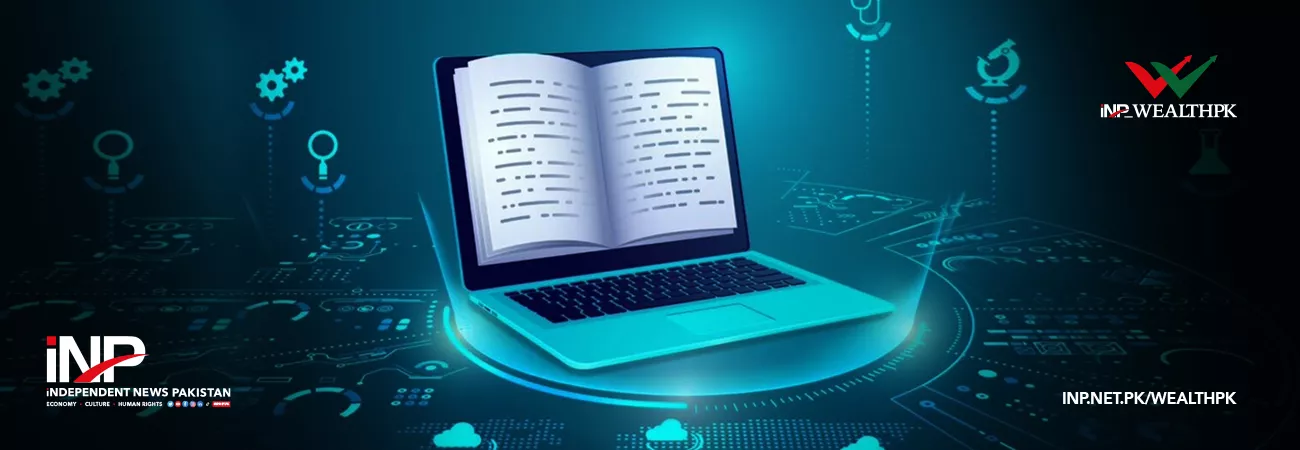آئی این پی ویلتھ پی کے
Arooj Zulfiqar
The launch of a digital knowledge hub recently will go a long way in helping Pakistan attain Sustainable Development Goals (SDGs). LEAD (Local Empowerment, Advocacy and Development) for localisation of SDGs in Pakistan, a European Union-funded initiative, and the National Parliamentary Task Force on SDGs launched the “Digital SDG Knowledge Hub.”
Talking about the initiative, Romina Khursheed Alam, the taskforce convener, told WealthPK that the digital knowledge hub was crucial in accelerating Pakistan’s localisation of the SDGs. “The digital hub can serve as a platform for sharing and exchanging knowledge, experiences, and best practices among different stakeholders involved in implementing the SDGs.”
She said one of the main goals of the Digital SDG Knowledge Hub was to provide a comprehensive overview of the use of technology and digital solutions in achieving the SDGs. “This includes information on current initiatives, best practices, and case studies from around the world.”
She said, “The hub can also provide access to a wealth of data and information, including official data from government agencies, research, and academic studies, and information from non-government organisations and civil society groups.” “This is particularly important in the context of SDGs, as achieving these goals requires the collective efforts of individuals, organisations, and governments worldwide.”
She said that the Digital SDG Knowledge Hub was also designed to be a resource for policymakers, providing them with the information they needed to make informed decisions about the use of technology in achieving the SDGs. However, she added a number of obstacles might impede Pakistan’s progress towards the SDGs. “A lack of effective coordination may hinder implementation, result in effort duplication, and make it challenging to create synergies. The ability of stakeholders to participate in various discussions is also constrained by coordination issues,” she added.
Romina Alam said a lack of understanding of policy coherence and the connections between the SDGs hindered the development of a suitable policy mix from achieving the SDGs. Another significant obstacle to executing programmes and projects relevant to the SDGs was low awareness at the grassroots level, she added.
She suggested that to implement the SDGs, the government needed a comprehensive and integrated policy framework that addressed various interconnected economic, social and environmental issues. “Policies should be centered around poverty alleviation, as poverty reduction is an overarching goal of SDGs. This can be achieved through inclusive economic growth, job creation and social protection programmes.”
“Another crucial policy area that needs attention is the provision of access to quality education, healthcare and clean water and sanitation. To achieve these goals, the government should invest in human capital development and infrastructure projects.” Romina Alam maintained that addressing climate change and promoting the use of clean energy sources was also critical to achieving the SDGs, particularly SDG 7 and 13.
She said that SDGs could be achieved with sufficient allocation of resources. “Local governments in Pakistan must allocate adequate funds in their budgets for SDG implementation.” Prioritising and redistributing resources already available to support the SDGs’ implementation are part of this. To raise additional funds for SDG implementation, the local governments can also institute novel and creative finance strategies, including partnerships with the corporate sector and international organisations, she explained. The convener of the National Parliamentary Task Force on SDGs stressed that the government should involve all relevant stakeholders, including the private sector, civil society and local communities, in the development and implementation of policies.
Credit: Independent News Pakistan-WealthPk



